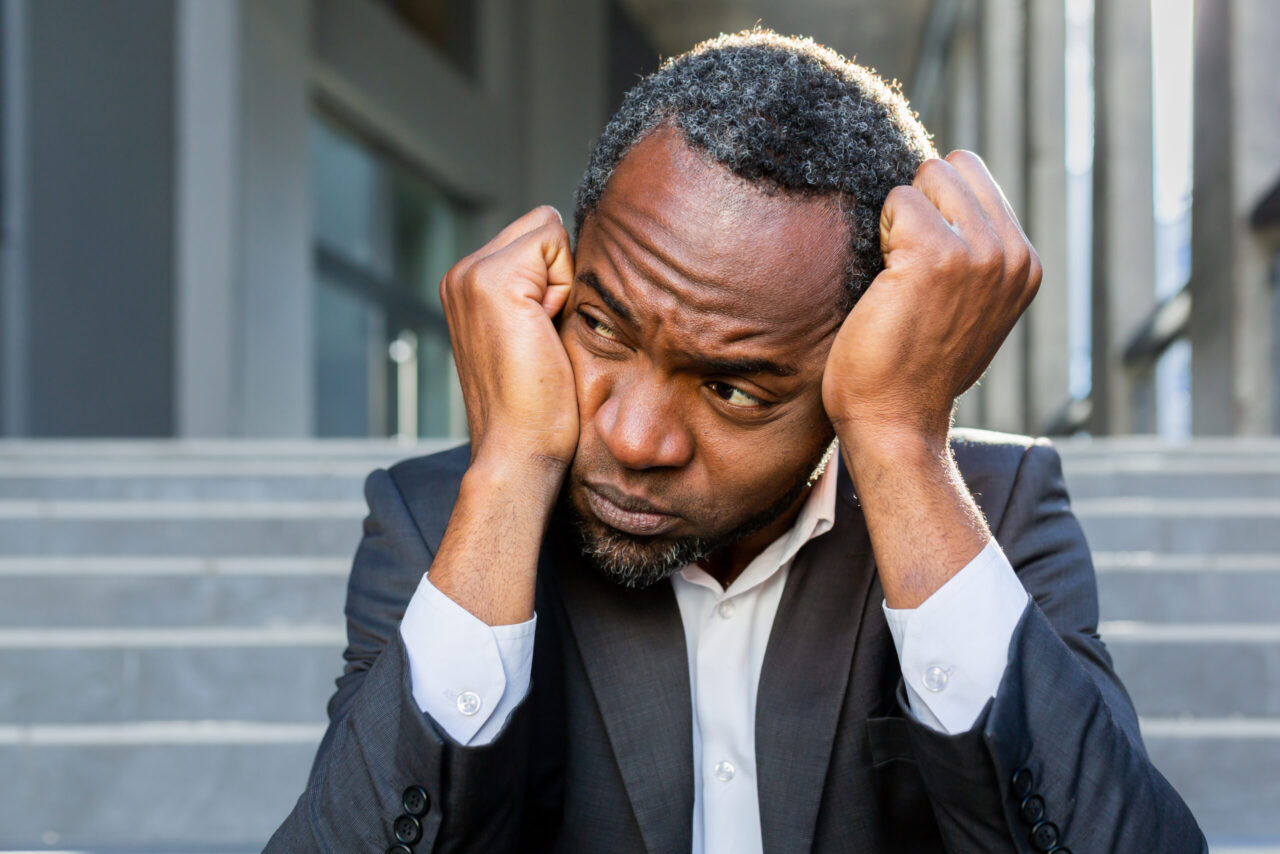Introduction
Mental health is a universal concern, yet its impact on Men of African descent globally is often overshadowed by cultural stigmas, systemic racism, and socio-economic challenges. Addressing these mental health issues is crucial for fostering healthier communities and empowering individuals.

The Why
The mental health struggles of Men of African descent are rooted in a complex interplay of historical and contemporary factors. Colonialism, slavery, and ongoing racial discrimination contribute to a pervasive sense of disenfranchisement and trauma. These historical wounds, coupled with present-day inequalities, create a formidable barrier to mental well-being.

The Core of the Issue
Men of African descent frequently face unique stressors, including racial profiling, economic disparities, and limited access to quality healthcare. The stigma surrounding mental health within our communities further exacerbates the issue. Cultural expectations often pressure Men of African descent to exhibit strength and resilience, discouraging them from seeking help when they need it most.

Facts and Factors
- Higher Rates of Mental Health Disorders: Studies indicate that Men of African descent are at an increased risk for mental health disorders such as depression and anxiety, often compounded by experiences of racial trauma.
- Underutilization of Mental Health Services: Men of African descent are less likely to access mental health services due to mistrust of the healthcare system and fear of being perceived as weak.
- Economic Pressures: High unemployment rates and financial instability contribute significantly to stress and mental health issues among Men of African descent.
- Workplace Discrimination: Discrimination in the workplace leads to chronic stress, job dissatisfaction, and self-isolation, further impacting mental health.
- Self-Isolation: Due to stigma and fear of judgment, many Men of African descent isolate themselves rather than seeking support, exacerbating feelings of loneliness and depression.
- Provider Stigma: The societal expectation to be a provider and the feeling of inadequacy in relationships can cause significant mental strain, especially Men of African descent feel judged and rated against men of other racial groups.

A Positive Message
Breaking the silence around mental health is essential. Encouraging open conversations within communities, promoting mental health education, and improving access to culturally competent healthcare can make a profound difference. Connecting with a healthy social network or like-minded Men of African descent who understand shared experiences can offer crucial support.
Community support networks, mental health advocacy groups, and inclusive policies are crucial steps toward healing. By fostering environments where black men feel safe to express their struggles and seek help, we can move towards a future of resilience and hope. Together, we can ensure that mental health support is accessible and effective for all.
By Keye Oduneye @ Keye.online

